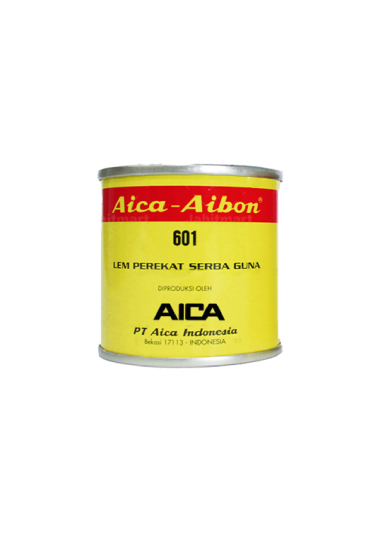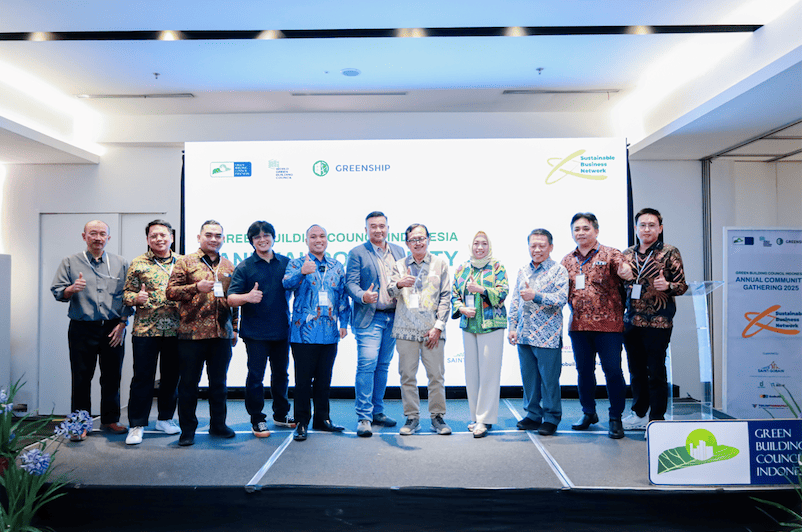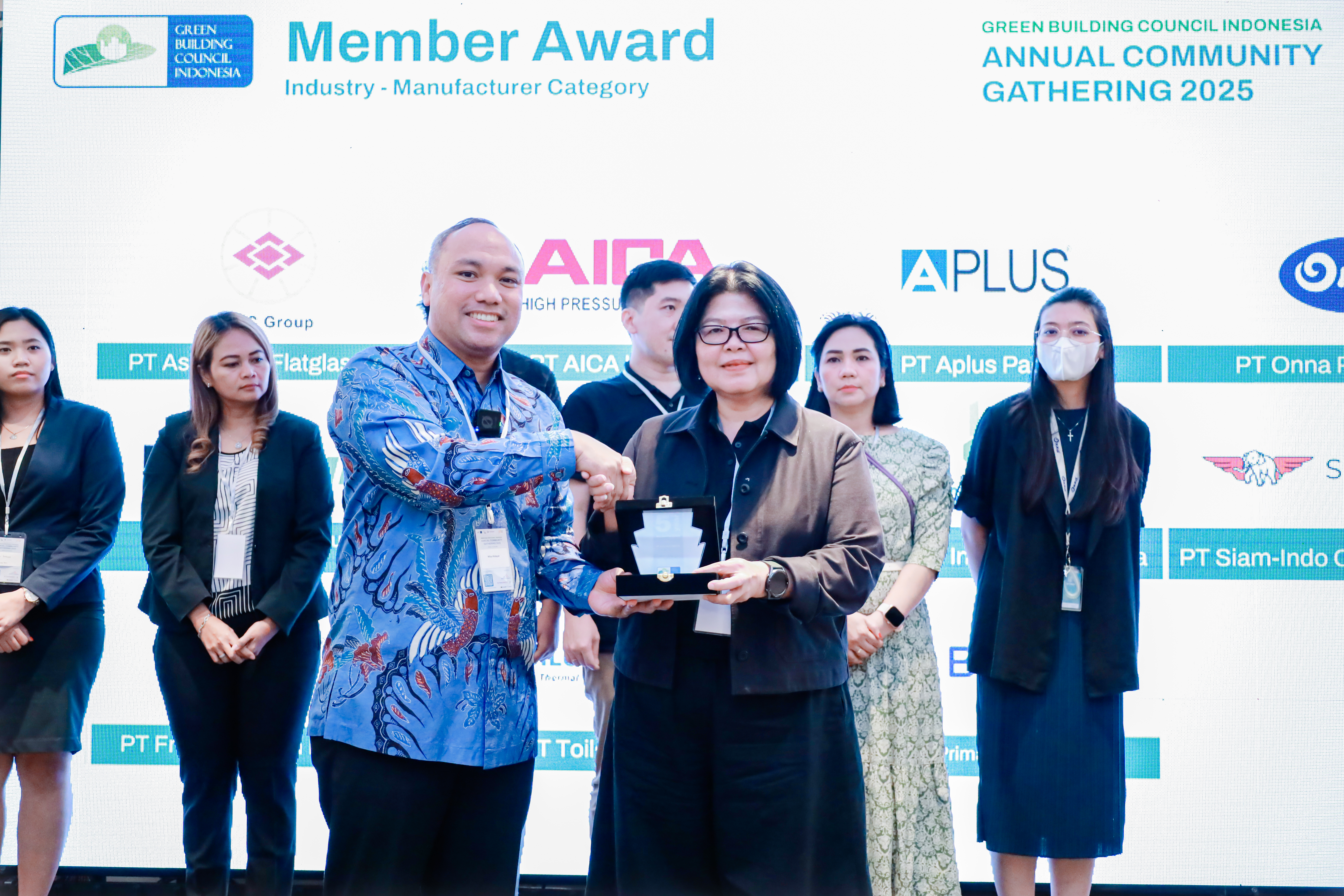Hot Products

Aibon 601 (70 gr)

Aibon 7 (9.5 kg)

Aibon S+ (2.5 kg)

Aibon S+ (9,5 kg)

HAK-14038-ZM83

XKAF-14198-ZMN

XKAF-14038-ZMN

XKAF-14040-ZMN

XKAF-14146-ZMN











As the demand for low-emission, healthier, and climate-resilient buildings continues to rise, the Green Building Council Indonesia (GBCI) hosted its 2025 Annual Community Gathering on June 25 at South Quarter, Jakarta. More than just an annual event, this gathering served as a strategic platform for professionals across the building and construction ecosystem from industry leaders and architects to developers and academics to come together, exchange ideas, and strengthen cross-sector collaboration in driving Indonesia’s transition toward sustainable building practices. At the heart of this event was a shared belief: that solving climate challenges and creating livable, future-ready cities requires more than isolated efforts. It calls for collective, interdisciplinary action.

This year’s program featured three key panel discussions, each reinforcing the importance of low-carbon development from different perspectives. The session opened with Iwan Prijanto, Chair of GBCI’s Board of Experts, who laid out strategies to accelerate the transition toward net-zero buildings. Janti Komadjaja, President Director of PT Total Bangun Persada, followed with insights on the practical challenges and opportunities in low-carbon construction. Wrapping up the session, Prasetyoadi, Managing Director of PDW, emphasized the critical role of adaptive, climate-resilient urban planning as a long-term solution to the climate crisis.
One of the event’s major highlights was the launch of GREENSHIP New Building v1.3, which is the latest version of GBCI’s rating system for new buildings. With updates tailored to local conditions, technological advances, and Indonesia’s national decarbonization targets, this new version marks a significant step forward. Saint-Gobain Indonesia presented a pilot project to showcase its real-world application.
The gathering also served as a moment to celebrate leadership within the green building community. GBCI introduced its new Board of Directors for the 2025–2028 period and recognized key members who have shown strong commitment to sustainable development. Among them was PT Aica Indonesia, represented by Ms. Lanny Tjahjadi, Vice President Director, for its active five-year membership and continuous support for GBCI’s mission.

“Transforming the building sector goes beyond technical innovation. It demands leadership, collaboration across disciplines, and the courage to act collectively. This forum exists to foster all of that,” said Ignesjz Kemalawarta, Chairman of GBCI.
In addition to discussions and the system launch, networking sessions offered valuable opportunities for meaningful connections among project owners, consultants, industry players, and policymakers, paving the way for stronger partnerships and real, on-the-ground impact. Ultimately, the transformation of the building sector is about more than bricks and blueprints, but it’s about people. From improving air quality and energy efficiency to reducing operational costs, sustainable buildings contribute directly to a better quality of life. Promoting low-carbon development is not just a professional duty, it’s a shared responsibility for our collective future.
SHARE